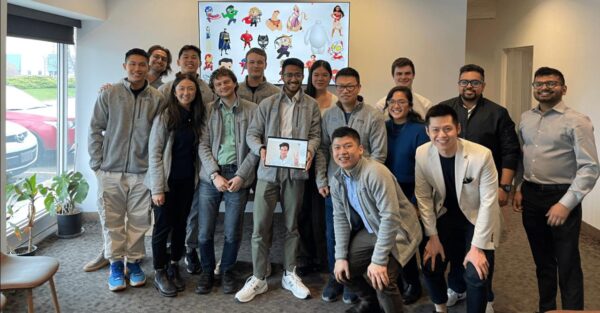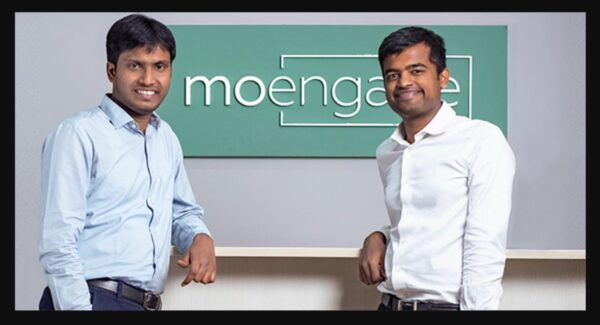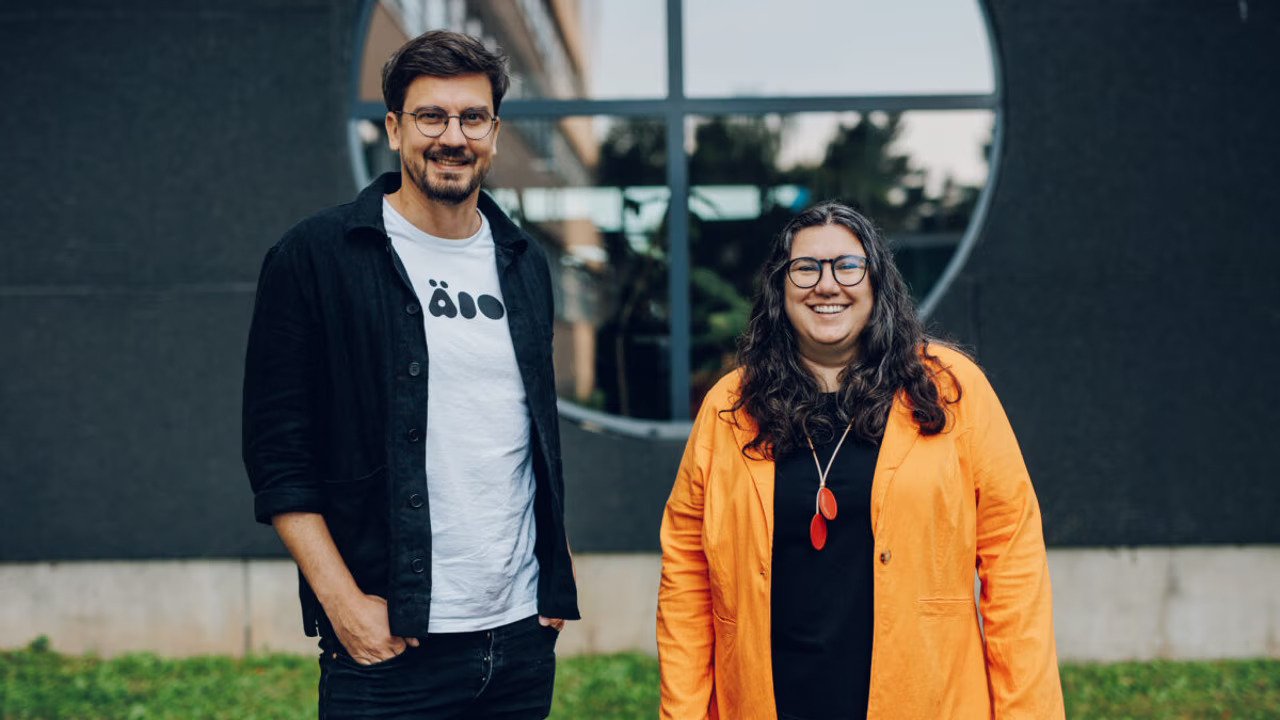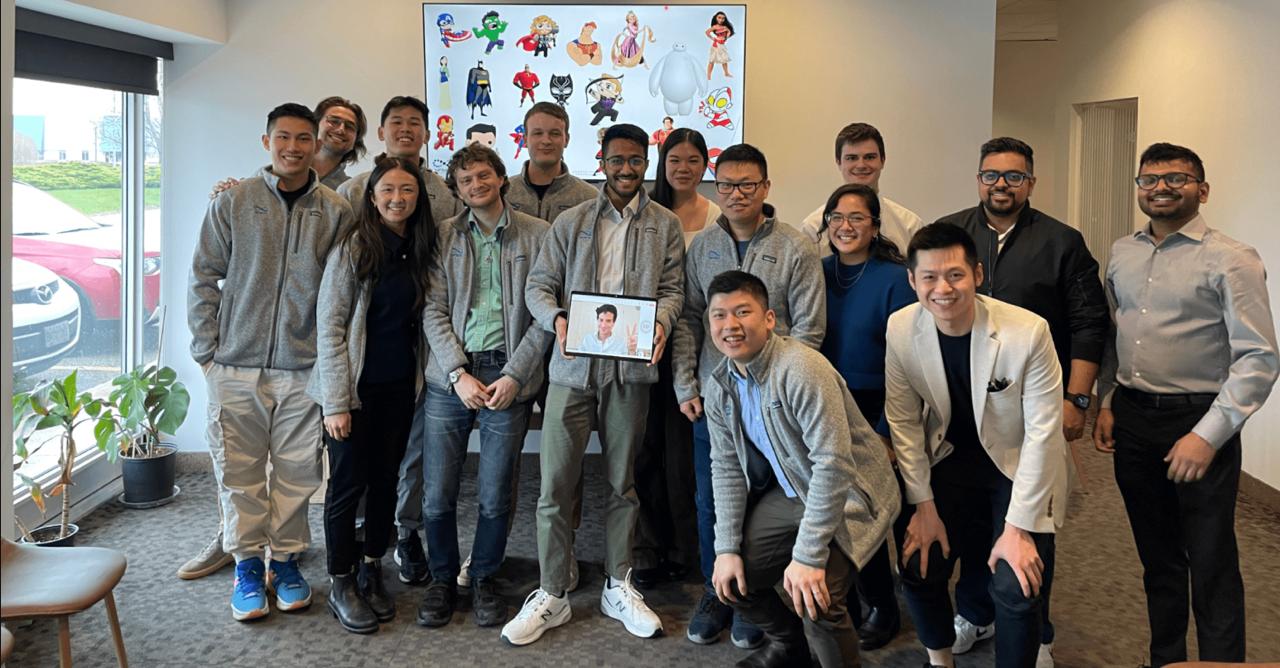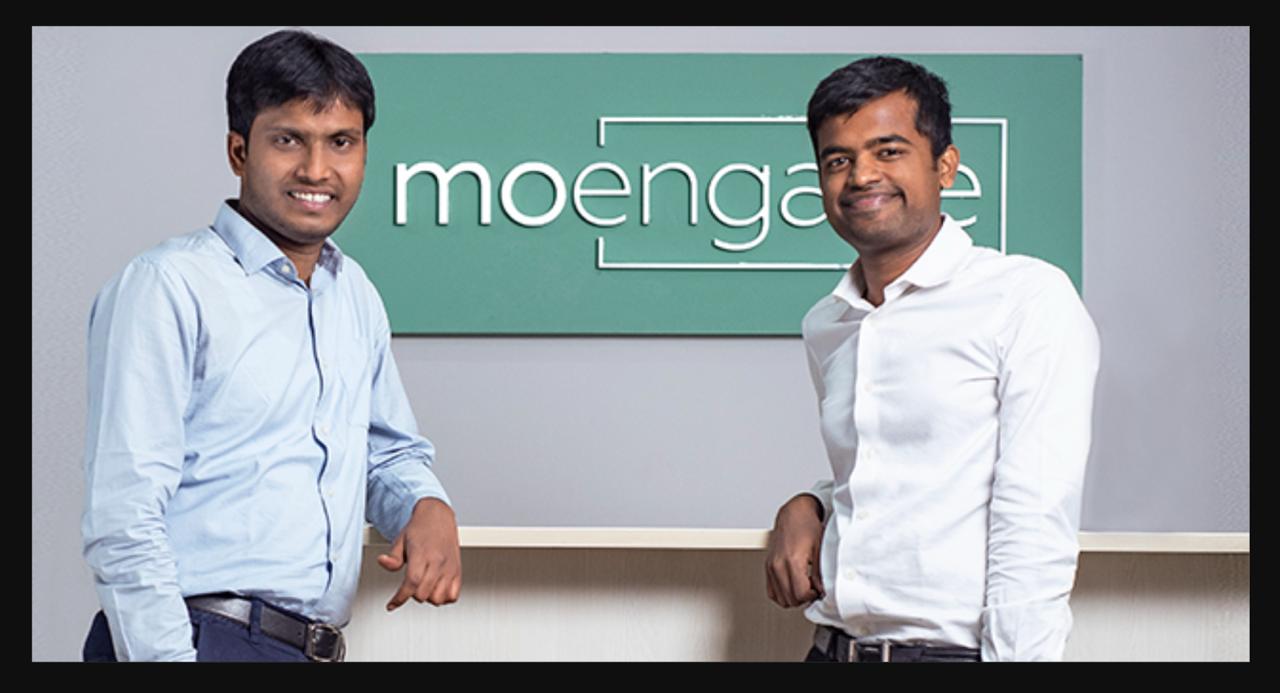In a remarkable stride towards sustainability, biotechnology startup ÄIO has successfully raised €6.1 million in funding, backed by a consortium of venture capital firms including Voima Ventures, 2C Ventures, SmartCap, and Nordic Foodtech VC. This significant investment will enable the establishment of a demonstration plant in Estonia, aimed at producing eco-friendly oils and fats derived from wood and agricultural by-products, offering a promising alternative to conventional, environmentally damaging oils.
Founded in 2022 as a spin-off from TalTech, ÄIO is at the forefront of innovation with a proprietary method that utilizes specialized yeast to convert sugars from sawdust and other agricultural residues into food-grade oils and fats. This advanced process is not only faster but also considerably more sustainable than traditional methods reliant on animal fats, palm oil, and other vegetable oils.
The dynamic founding duo, bioengineers Petri-Jaan Lahtvee and Nemailla Bonturi, lead a diverse international team of 16 experts in bioprocessing, synthetic biology, and food technology. Under their guidance, ÄIO has already developed three innovative product lines: encapsulated oil, red oil, and butter fats. Notably, ÄIO’s branded Red Oil extends beyond food applications, finding uses in cosmetics and household products.
Highlighting the environmental benefits of their innovative approach, Bonturi stated, “ÄIO’s oils, produced from industrial residues, help reduce land use by up to 97 percent and water consumption by ten times compared to traditional palm oil and animal fat production. Moreover, our fermentation process enables oil and fat production at ten times the speed.” This leap in efficiency and sustainability underscores ÄIO’s commitment to transforming the food industry.
The strategic funding is expected to catalyze the construction of the demo plant in Estonia, with an anticipated completion date of 2026. Collaborating with local and Finnish food industry partners, ÄIO plans to source raw materials from agricultural by-products, ensuring a circular economy model in their operations. Currently, the startup boasts over 120 partners from Estonia and beyond, contributing industrial residues or testing ÄIO’s innovative oils and fats.
As Mika Kukkurainen, a partner at Nordic Foodtech VC, noted, “ÄIO’s food industry testing has been successful, and feedback on the initial products has been encouraging.” With this funding round, there is a palpable excitement about advancing to the next phase of development, promising a future where sustainable food production is a tangible reality.
Hendrik Reimand of 2C Ventures echoed this optimism, stating, “Providing sustainable alternatives to products such as palm oil or animal fats is a critical step in reducing the environmental impact of the food and cosmetics industry. We are confident in the team’s ability to turn this scientific development into commercial success.”
Editorial Opinion
ÄIO’s innovative approach to transforming industrial residues into sustainable oils positions it as a pivotal player in addressing some of the most pressing environmental challenges facing the food and cosmetics industries today. By effectively reducing reliance on traditional oils, which often involve destructive farming practices, ÄIO is not just innovating but redefining the standards for sustainability.
The company’s commitment to utilizing waste materials is particularly noteworthy, as it not only supports the reduction of agricultural waste but also champions a model of circularity that many industries strive to achieve. With an impressive team and strategic partnerships in place, ÄIO is on a trajectory to make a significant impact in the market. The anticipated demonstration plant in Estonia is set to showcase their pioneering technologies and serve as a model for future sustainable initiatives worldwide.
As consumers become increasingly aware of the environmental implications of their choices, companies like ÄIO are not just leading the charge for change but are also carving out a profitable niche in the evolving landscape of eco-conscious products. Their journey could very well set the stage for a broader shift towards sustainability in food production.
For further inquiries or to provide feedback, please reach out to editor@thetimesmag.com.

